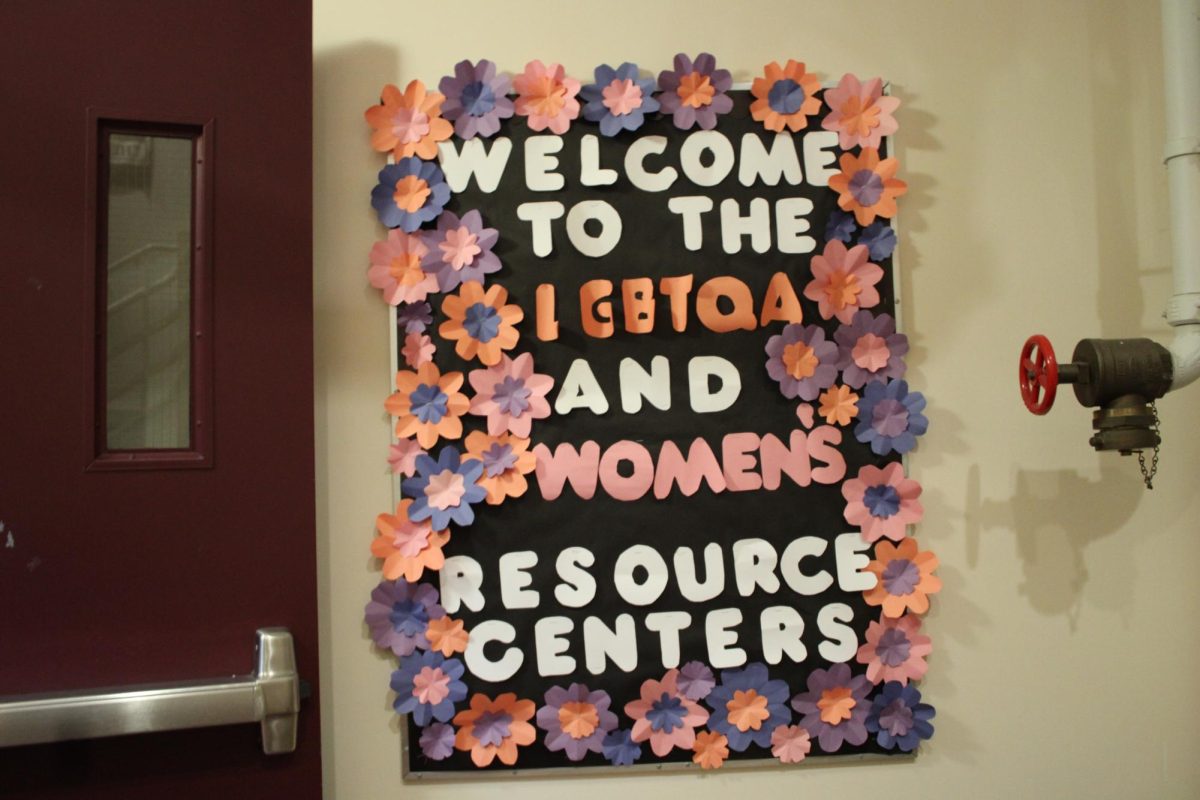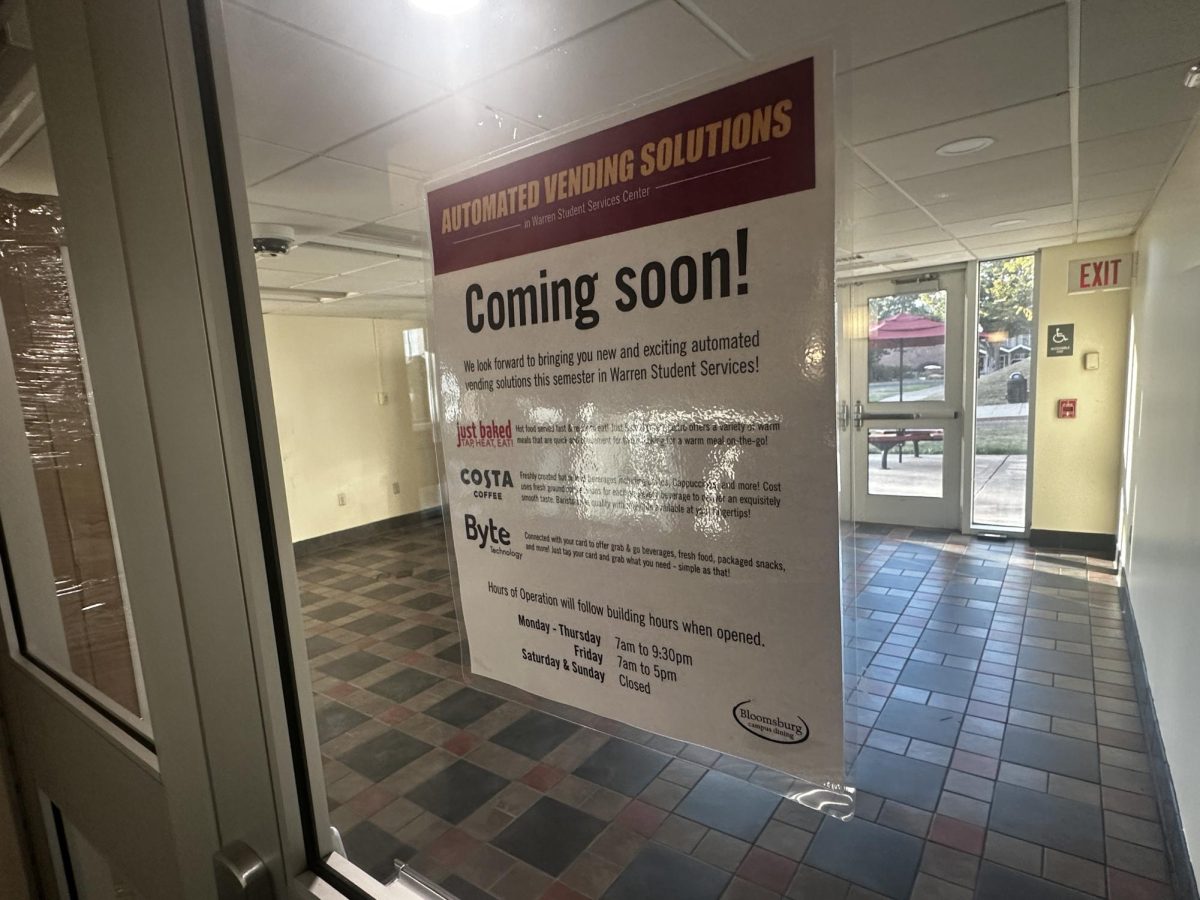Federal government leaders, as well as some state leaders have been targeting departments such as, diversity, equity, and inclusion (DEI) programs and women’s resource centers at larger universities. University luckily hasn’t seen the same level of concern. As a smaller campus, Bloomsburg so far has avoided political spotlight.
“We can continue to do good where we’re at and have a safe bubble at Bloom,” said Megan Wein, Director of the LGBTQA & Women’s Resource Center. “We serve students, not politicians.”
Wein explained that her center, along with the university’s other student-support departments, have not been directly affected by any government threats or restrictions. “We’ve been very fortunate to see no decline in support or funding from within the university,” she said. Interim President Jeffery Osgood and other administrators have continued to support their work, ensuring that programming and services remain available to students.
However, Bloomsburg has still felt the ripple effects of a wider financial challenge. Wein noted that the decrease in student enrollment has led to budget cuts across the board, including within these departments. While these cuts are not tied to government policy, they have required the center to be more selective with student workers and events.
The uncertainty of the national conversation around DEI and related programs has left many faculty uneasy. “We’re all on edge,” Wein admitted, referring to the pressure that comes with hearing about other universities losing funding or facing scrutiny. Still, she remains hopeful about Bloomsburg’s future. “The future at Bloom looks good,” she said. “More students than ever are getting involved on campus.”
If national funding for DEI or resource programs were ever reduced, Students would lose access to key supports—such as Safe Zone, educational workshops, and policies that support students like the preferred names initiative. For now, though, Bloomsburg’s commitment to inclusion remains steady.
























